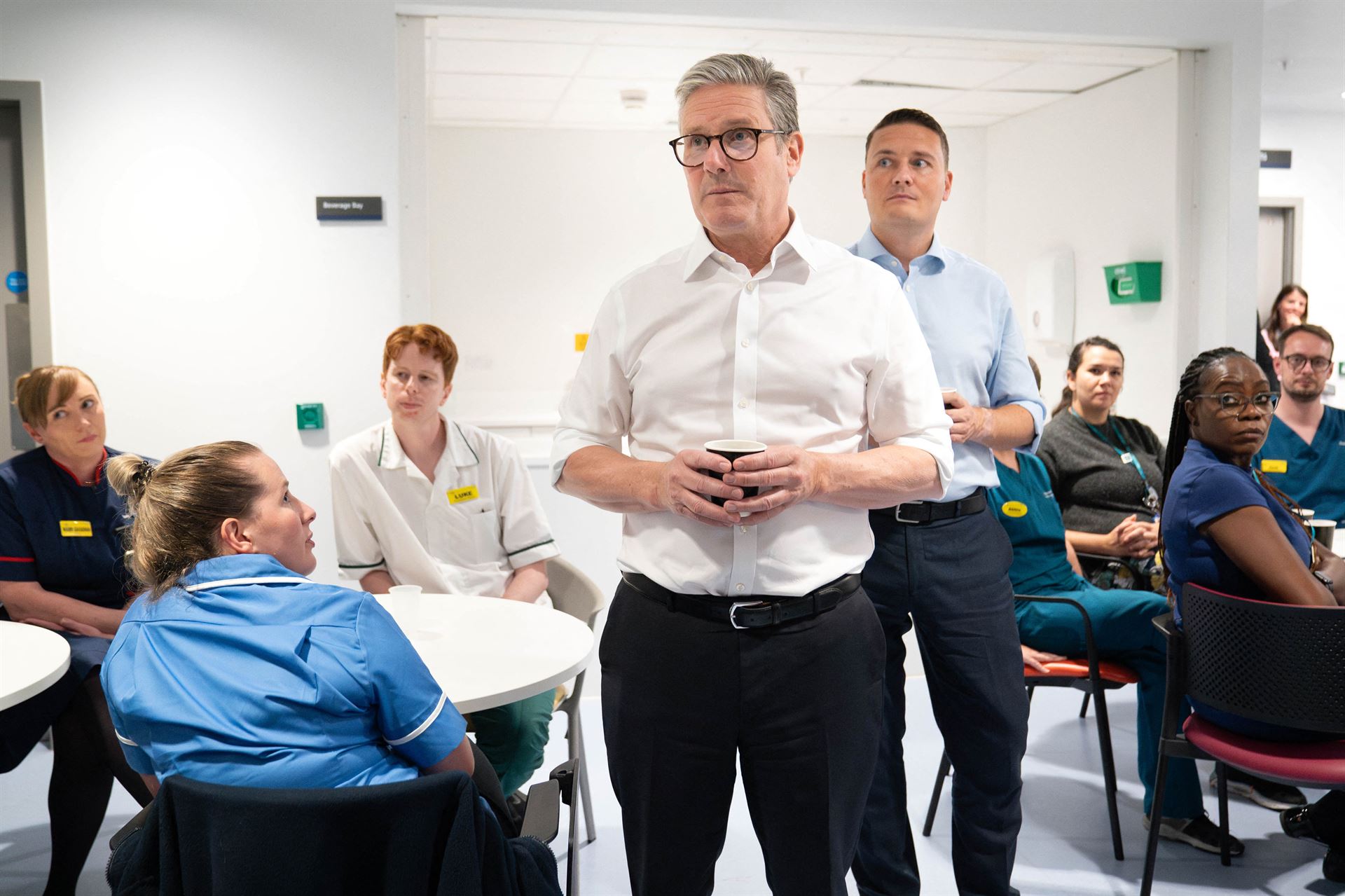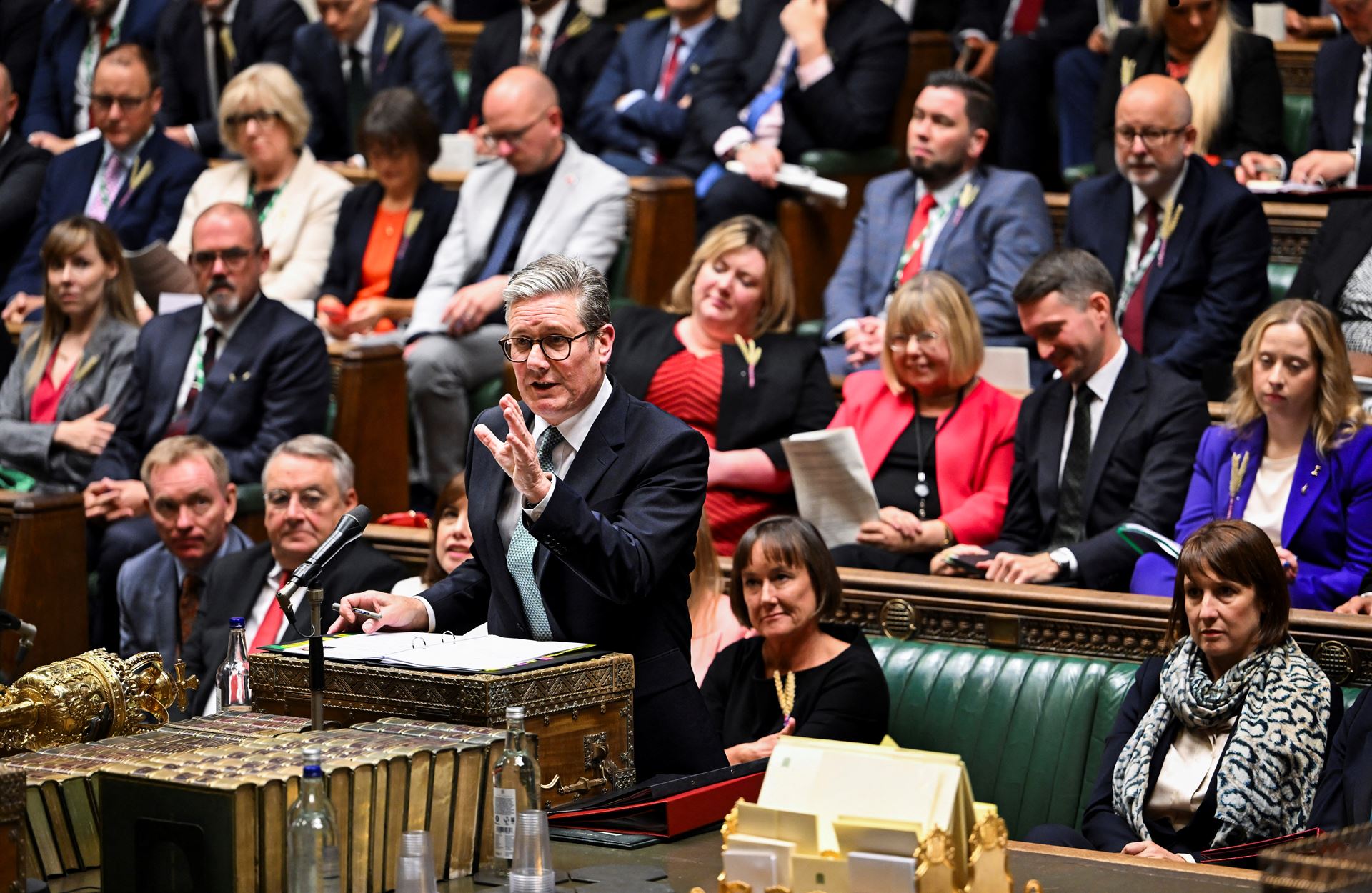
LONDON - Britain's Prime Minister Keir Starmer will say on Thursday his government is working on a 10-year plan to fix the National Health Service, after an independent report found the system to be in critical condition.
The state-run NHS has been in crisis and endured some of its toughest winters in recent years, struggling to recover from the impacts of the COVID-19 pandemic, long backlogs for elective procedures, and industrial action.
The previous Conservative government failed to reduce waiting lists, blaming strike action, and Starmer, whose Labour Party won a landslide victory in a July election, made reaching pay agreements with health staff an early priority.
ALSO READ: Britain's NHS investigates claims hackers published stolen patient data
But he said the NHS would also need "major surgery not sticking plaster solutions" to cope with the rising costs of looking after an aging population without hiking taxes.
"We know working people can't afford to pay more, so it's reform or die," Starmer will say according to advance extracts of Thursday's speech released by his office.
"This government is working at pace to build a 10-year plan ... Instead of the top-down approach of the past, this plan is going to have the fingerprints of NHS staff and patients all over it."

Starmer's speech comes after the publication of a report by Ara Darzi, a surgeon who sits in the House of Lords, who the government commissioned to examine the state of the NHS.
Darzi's report found the NHS entered the COVID-19 pandemic in 2020 with resilience at an "all-time low", due to a lack of investment and a confused top-down reorganization in the decade beforehand.
"I have been shocked by what I have found during this investigation - not just in the health service but in the state of the nation's health," Darzi said.
READ MORE: Longest doctors' strike to pile stress on England's health service
"Far too many people are waiting for too long and in too many clinical areas, quality of care has gone backwards."
The impact on health of the health service's struggles also has a knock-on effect on the economy, Starmer said, with Britain's labour market suffering from the 2.8 million people who are economically inactive due to long-term sickness.
READ MORE: UK hospitals face 'unprecedented' blood shortage after cyber attack
Starmer said he wanted to frame the new plan around shifting the NHS from analogue to digital, putting more care in the community rather than in hospitals, and a greater focus on preventing people from getting sick to start with.
Starmer's government is responsible for the NHS in England, but responsibility for the service in Scotland, Wales and Northern Ireland is devolved.


